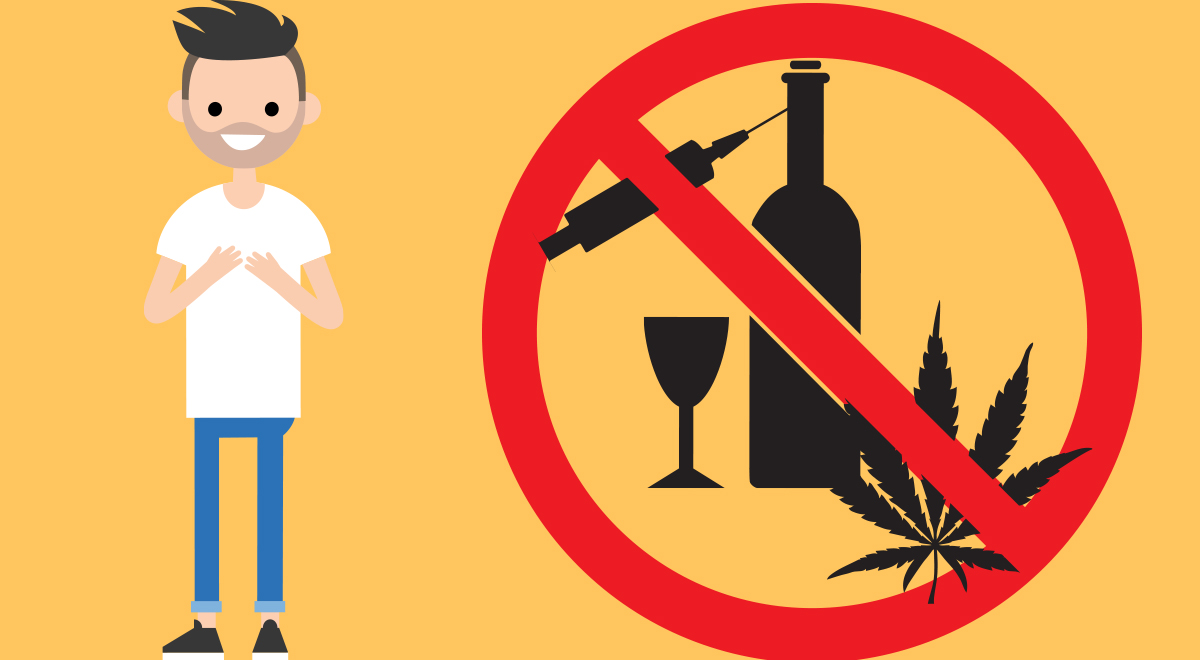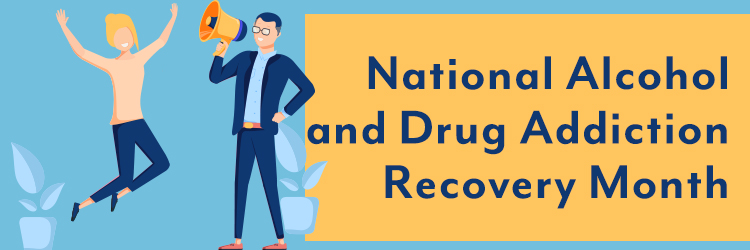[vc_row][vc_column][vc_column_text]September has been National Recovery Month for over 30 years. Started by the Substance Abuse and Mental Health Services Administration (SAMHSA) in 1989, the aim of the month is to, “ increase awareness and understanding of mental and substance use disorders and celebrate the people who recover.”
During National Recovery Month, there are weekly campaigns and celebratory dates. Some examples are National Suicide Prevention Week, National Rehabilitation Awareness Week, and National Sober Day.
In 2018, an estimated 21.2 million Americans lived with a Substance Use Disorder, and as many as half had a co-occurring Mental Health Disorder. Sadly, less than 8% of those with a SUD receive the treatment they need to enter a life of recovery.

National Recovery Month is not only an opportunity to raise awareness about addiction, but to embrace and celebrate recovery. As of 2017, an estimated 22 million Americans were in recovery from a Substance Use Disorder.
Each person in recovery has a unique story, but many of us share common thought patterns and behaviors. Many of the staff from TruHealing Centers around the country are in recovery themselves, and have overcome obstacles such as losing control of an established career, detoxing from opiates in prison, getting DUIs as a teenager, and nearly needing to have an arm amputated.
No two individuals have the same set of circumstances that brought them to their bottom. But in recovery, we share the fact that we had had enough of substance, and that we’ve been afforded a second chance at life.
In active addiction, many of us experience extreme isolation. We might hide our behaviors from friends and family, or be shut out from their lives based on our behavior. But one of the first things that one can realize in a life of recovery is that they are not alone.
If you or a loved one are living with a Substance Use Disorder, there is help and hope. At TruHealing Centers across the country, we provide the full continuum of premier addiction-related care, from medical detox to outpatient services. To learn which level of care is right for you, contact a Truhealing Centers admissions specialist today at (410) 593-0005.
Addiction is treatable and recovery is possible.[/vc_column_text][/vc_column][/vc_row]








